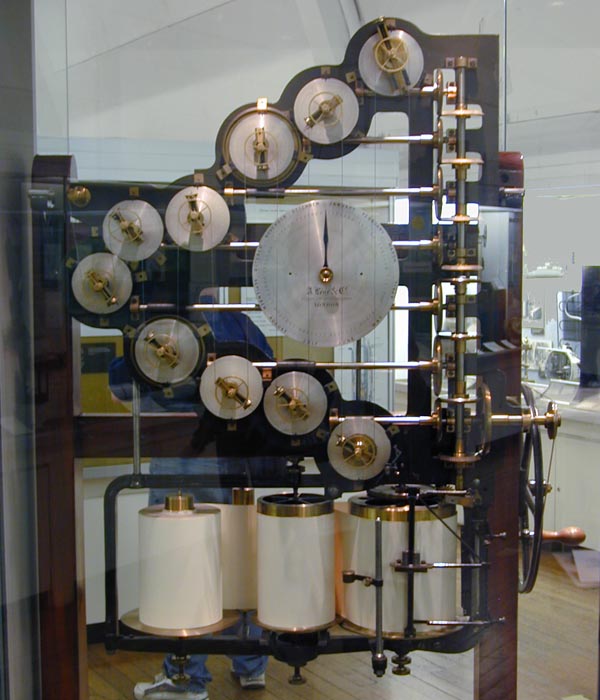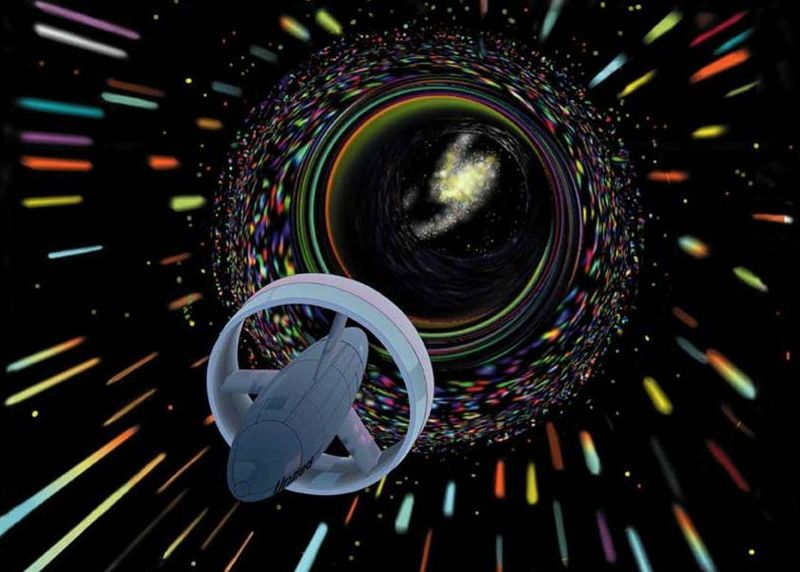
“Ignorance more frequently begets confidence than does knowledge: it is those who know little, and not those who know much, who so positively assert that this or that problem will never be solved by science.” –Charles Darwin There are problems with science today, no doubt. With all the knowledge we’ve accumulated about the Universe, from the smallest subatomic scales to the farthest recesses of deep space, there are still realms and regimes where our best theories fail, where the predictions and the data don’t match, and where no known explanation is sufficient for the phenomena that shows up. Image credit: The Michelson-Morley interferometer, via University of Virginia. But this is where all the potential for scientific growth lives. Believe it or not, one of […] Read More

